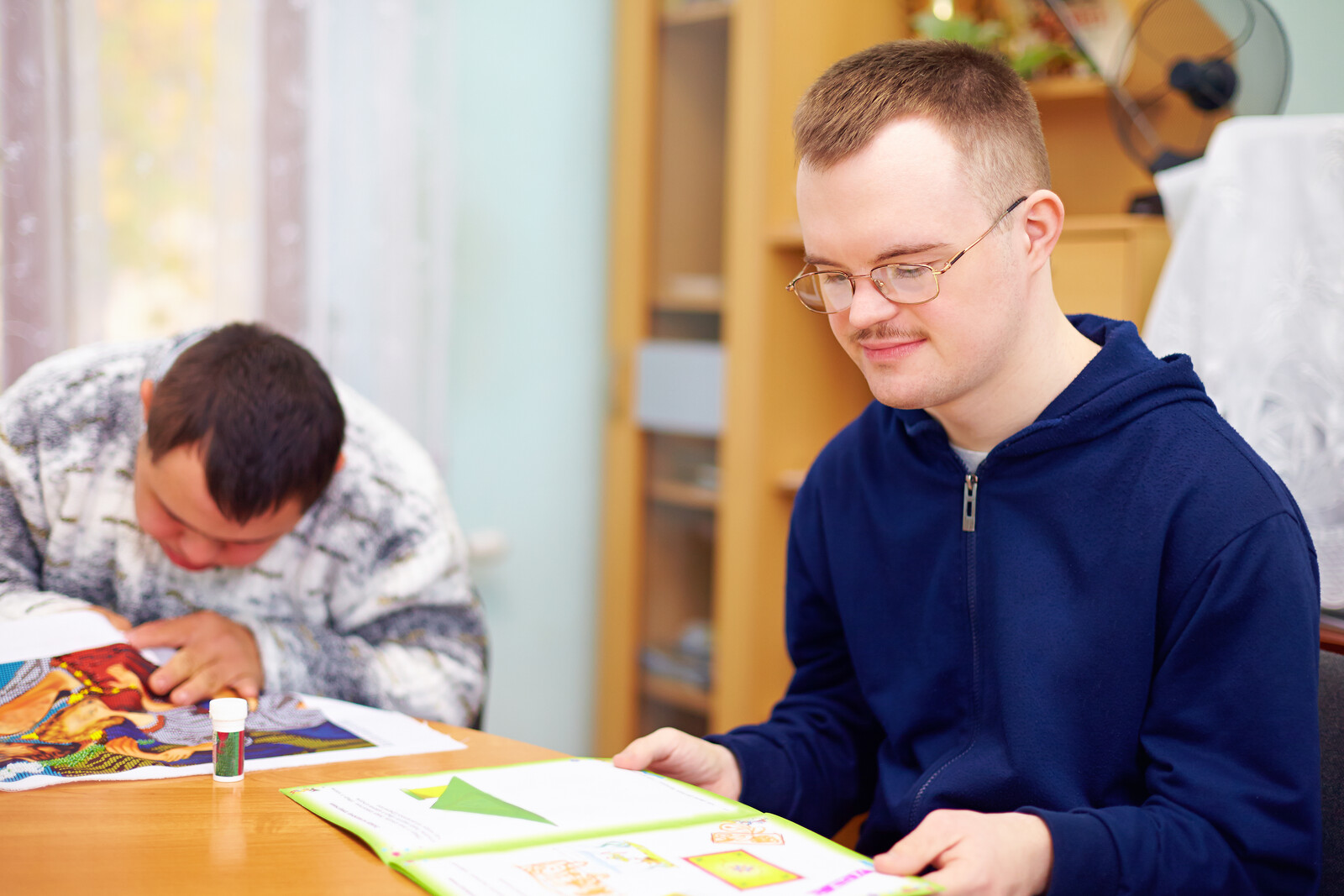After High School
By focusing on developing these adult skills after high school, individuals can build a strong foundation for success and fulfillment in various aspects of their personal and professional lives. Continued learning, practice, and real-world experiences will further enhance these skills over time.
Guardianship Alternatives and Transfer-of-Rights (GATOR) explores the relationship between special educators’ transfer-of-rights and guardianship discussions and key predictors of transition outcomes for students with intellectual and developmental disabilities (IDD). GATOR is dedicated to informing education professionals, families and supporters of youth with IDD about transfer-of-rights.
Navigating Your Way: Ages 14 to 21: During these years that your family member is immersed in school, make the most of the support they have to focus on emerging independent living skills, employment opportunities, and connections to your community. Typically, after age 21, school activities and school based services end. It is important to learn as much as you can about the road ahead so that you can begin to prepare your family members for a full life after school.
When You Turn 18: A Legal Survival Guide: What the Age of Majority has come to mean when an individual is treated as an adult for most purposes. Here is some guidance on general areas.
Planning Life After High School for Students on the Autism Spectrum:
This guide aims to help families begin planning for the future ahead of time. It includes answers to common questions from youth and family members and extra resources for more information.
NTACT:C the Collaborative provides information, tools, and supports to assist multiple stakeholders in delivering effective services and instruction for secondary students and out of school youth with disabilities.


